Interventional Radiology
Rochester General Hospital
Director’s Letter
Welcome to the Rochester General Hospital Interventional Radiology Residency Program. I want to thank you for your interest in our residency program, which is a dual certificate program in Interventional Radiology and Diagnostic Radiology (IR/DR) at Rochester General Hospital. In my opinion, interventional radiology is the most fascinating and groundbreaking field in medicine. It combines ingenious minimally invasive procedures, technical savvy, and creativity with the wonders of modern diagnostic imaging, all while delivering lasting relationships through true clinically oriented medicine.
At RGH Interventional Radiology, we view ourselves as an intimate division and program, with experienced IRs mentoring not only the technical aspects of minimally invasive image-guided procedures, but the nuances and importance of clinical care in the pre-procedural workup to post-procedural follow-up. This is combined with an ideal learning environment in becoming an expert at diagnostic imaging interpretation. The two residencies are complementary and perfectly intertwined. I cannot express enough how being an interventional radiologist is absolutely the most gratifying job in the world. We absolutely love what we do. That’s why we are excited to teach the next generation of IRs.
Raj Pyne, MD, FSIR
Program Director
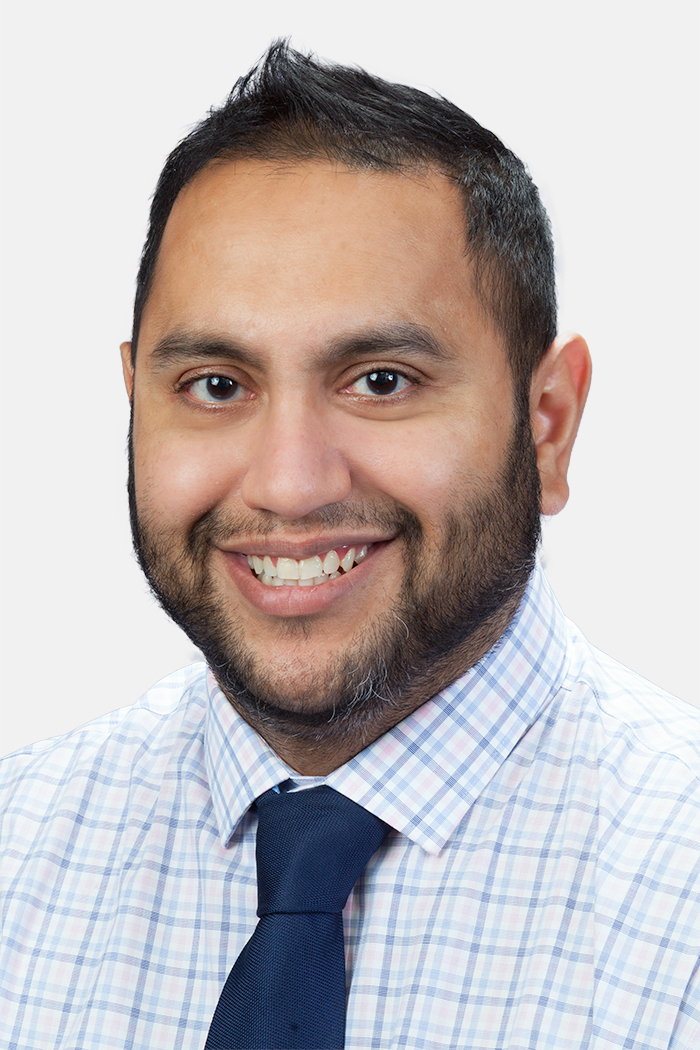
About the Program
The Rochester General Hospital Interventional Radiology Residency is composed of the Integrated IR/DR Residency, the Independent IR Residency, and the Early Specialization in Interventional Radiology (ESIR) programs. The Integrated IR/DR residency is a five-year training program built from the ground up to train residents in all aspects of the increasingly clinical world of Interventional Radiology combined with imaging expertise. The Integrated Interventional Residency is fully accredited program by the ACGME. The complementary Diagnostic Radiology residency at RGH has been certified and training radiology residents for decades, including being accredited for ESIR which allows for residents to do a dedicated year in the fourth and final DR year in IR, certifying them to then complete a one-year IR Independent Residency program. Finally, our Independent IR Residency offers one- and two-year positions for graduates of Diagnostic Radiology residencies as well.
The field of IR has evolved greatly over the past decade. IR procedures have replaced many surgeries with incredibly complex minimally invasive solutions. As IR advances, the new paradigm for IR is to be a true clinical service. Other procedural or surgical fields realized long ago that you need to provide periprocedural services to adequately treat patients, treating the disease itself completely rather than technically performing a procedure that was referred, then asking that referrer to deal with all the care surrounding that procedure. Thus, years ago we rethought our IR division by building a clinical model where we actively recruit and get referred patients with complex issues, work them up de novo in IR clinic or see them as true inpatient consults in the hospital, create a customized plan based on their history and physical, imaing, and discussion with the patient, perform their procedure (or develop an alternative plan), follow them up as inpatients by rounding daily on them, and finally follow them longitudinally in IR clinic.
That clinical paradigm shift had been so eye-opening that it became obvious the training between diagnostic radiology and IR had to change, for the better. The classic pathway of 4 years of Diagnostic Radiology followed by 12 months of IR was not sufficient for training nor was it optimal to create clinically oriented, patient-centered interventional radiologists. The plan was to create a new track for trainees interested in pursuing interventional radiology. The new track created was a dual certificate in IR and DR to complement both but to have the IR training be more clinical and holistic. On September 11th, 2012, the American Board of Medical Specialties (ABMS), which allows for all board certification, officially approved the new dual primary certificate in interventional radiology (IR) and diagnostic radiology (DR). Interventional Radiology (IR) thus officially became the 37th medical specialty in medicine in 2012.
The entire IR residency program here at Rochester General Hospital was built from the ground up (with input from numerous current and former residents), with an ideal training environment the foremost agenda. Combining practical hands-on learning with didactic and case-based lectures while balancing all that with real-world graduated independence has been the best formula for creating well-rounded, clinically oriented IR graduates ready for academic or private practice. The first three years involve mastering diagnostic radiology in a busy diagnostic imaging department, during which time trainees learn to interpret all imaging modalities with confidence. The dedicated senior IR years are spent immersed in our robust clinical interventional radiology division with seven board-certified interventional radiologists and aided by four physician assistants and nurse practitioners, which is thriving and growing every year.
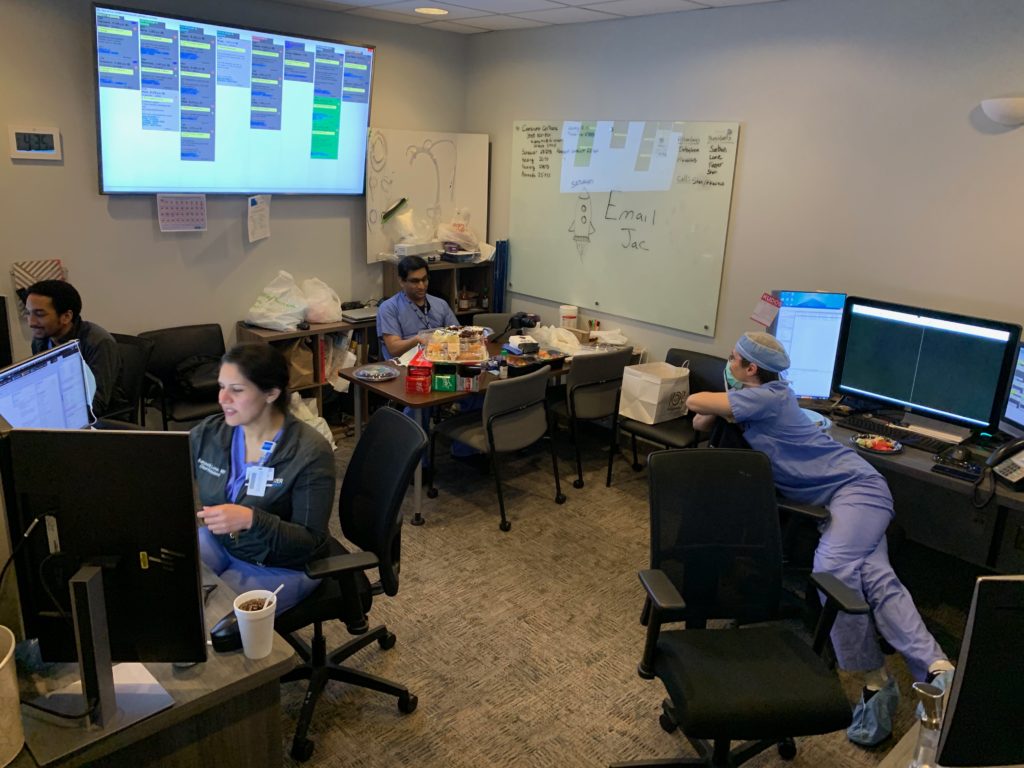
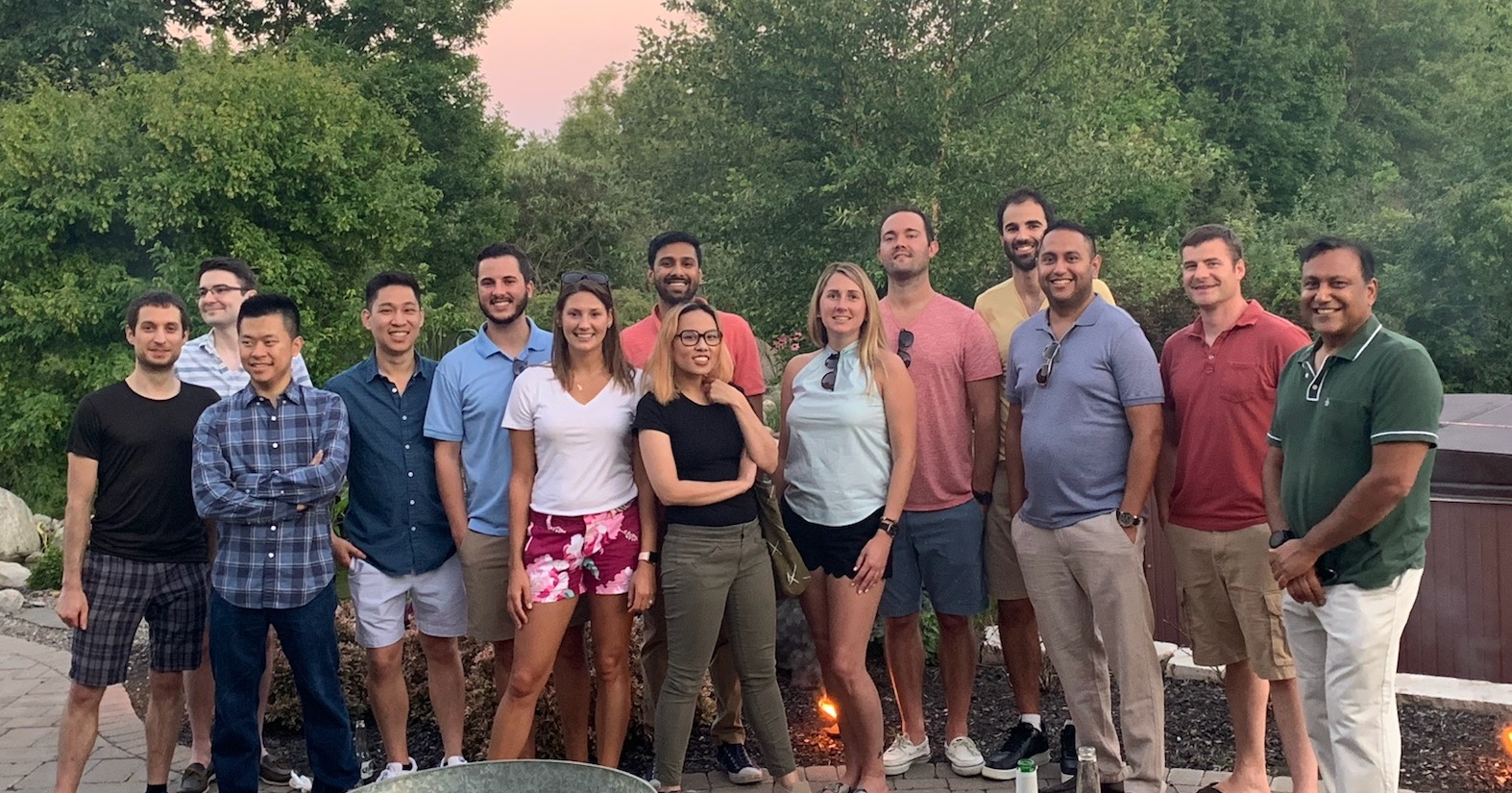
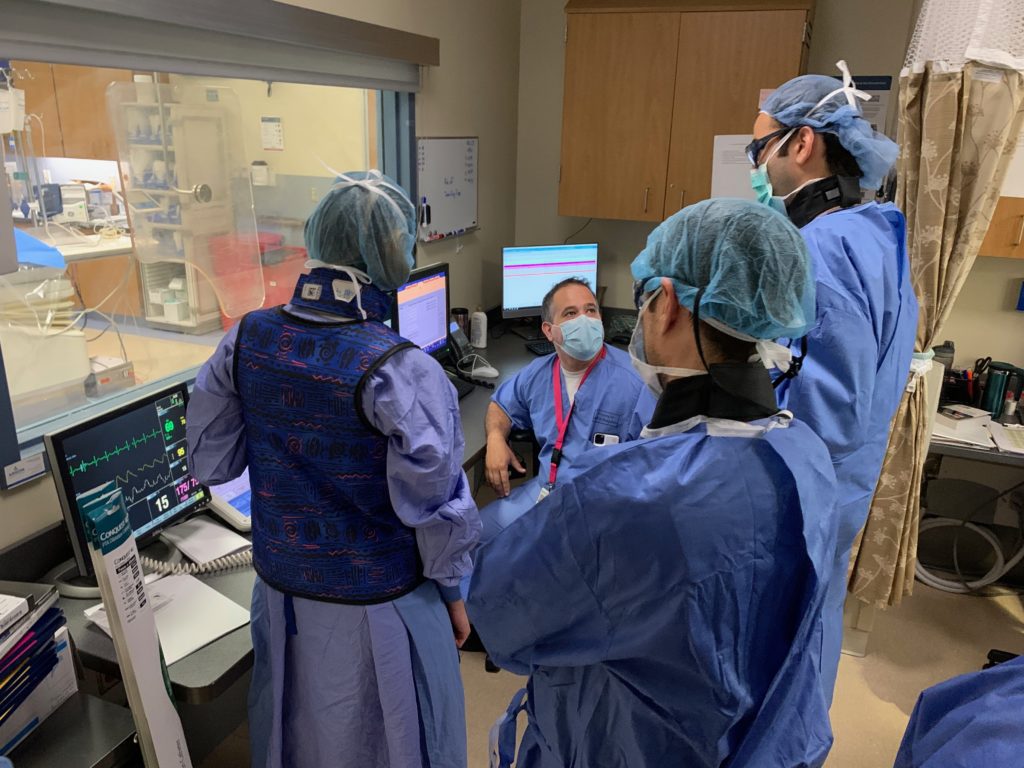
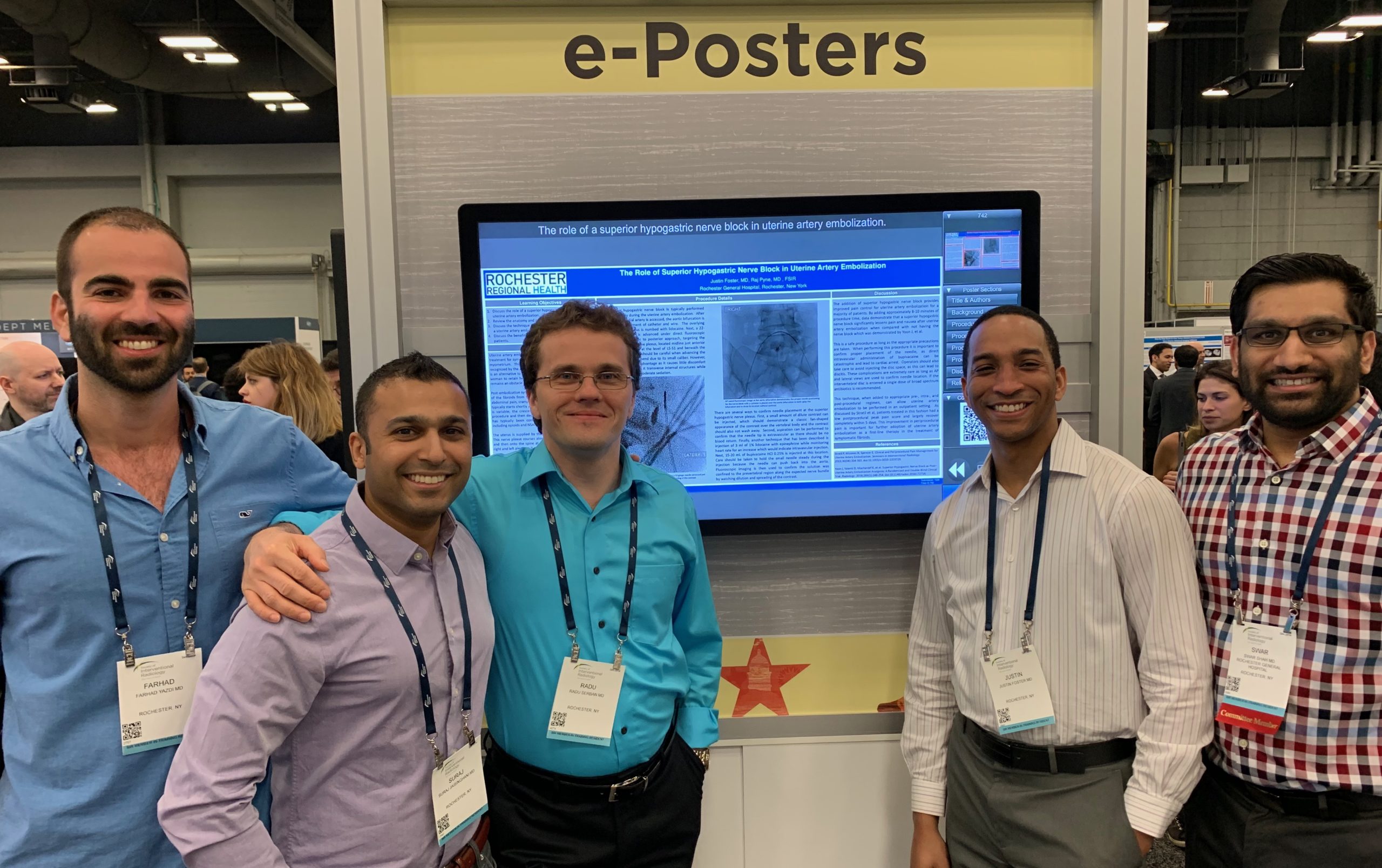
Curriculum
Integrated IR/DR Residency
During the first 3 years (PGY 2 – 4) of this IR/DR residency, trainees will train almost indistinguishably alongside the Diagnostic Radiology residents, including the same educational goals and objectives. The only difference will be added IR rotations in these first three years, including two 4-week blocks in the PGY-2 and PGY-3 to get the IR/DR resident fully incorporated and involved into the IR program. During these first two years, even though they are immersed in DR training, junior IR/DR residents are invited to actively involved in all IR activities including Grand Rounds, Interesting Case Presentations, M&M, Journal Club, regional Angio Clubs, and all social outings. Call responsibilities including call will be identical to DR residents. The PGY-4 year is spent finishing DR training and then prepping for taking the Core Exam. In PGY-5 and PGY-6, the IR/DR residents will spend nearly all of their time on the IR service as a senior resident, focusing their training on all aspects of interventional radiology, including both technical skills as well as clinical care. The overarching goal is for trainees in our program to become adept in the interpretation of all diagnostic imaging modalities as well as to become skilled and proficient in not only the technical skills of minimally invasive image-guided procedures, but also the compassionate care of their patients both before and after the procedure. This includes procedural days, consult and admissions, dedicated outpatient clinic time, and devoted time to electives and research. The goal of the program is to graduate confident, independent practitioners able to both lead a true clinical IR service while also having the ability to be a productive diagnostic radiologist in either academic or private practice.
ESIR (Early Specialization in Interventional Radiology)
Each year, any second year diagnostic radiology who is interested in pursuing IR is allowed to apply for ESIR designation within our program. This is based off of IR rotation performance, DR rotation performance, in-service scores, board scores, and overall fit in our program. One ESIR resident will be selected annually. During their fourth DR year (PGY-5), this resident will have a special concentration in IR, completing 10 months of IR or IR-related rotations, including an ICU month and a month at our dedicated vein clinic. These residents typically perform more than 1,000 procedures, mostly as primary operator, allowing them to get ESIR designation and be able to apply to one-year Independent IR Residency positions. Our ESIR resident and Integrated IR resident have nearly identical schedules in their PGY-5 year.
Independent Interventional Radiology Residency
Independent IR Residency is a one-year program in PGY-6 (for one-year applicants who have completed ESIR) or two-year program in PGY-6 and PGY-7 (for two-year applicants who have not completed an ESIR program) allowing diagnostic radiology residents who has successfully completed DR residency to complete training in interventional radiology at our institution. This replaced the previous IR fellowship, allowing residents who became interested in IR later or who did not match into the Integrated Program to complete the requisite training and sit for the IR/DR exam to become eligible for the dual IR/DR certificate. Trainees who successfully complete the Independent IR residency and pass the boards will be identical in certification to those who complete the Integrated IR residency. Resident will have all of their 12-24 months dedicated to clinical IR training, including core IR rotations, ICU rotations, Vein Institute rotations, neurointerventional rotations, electives, and dedicated research time.
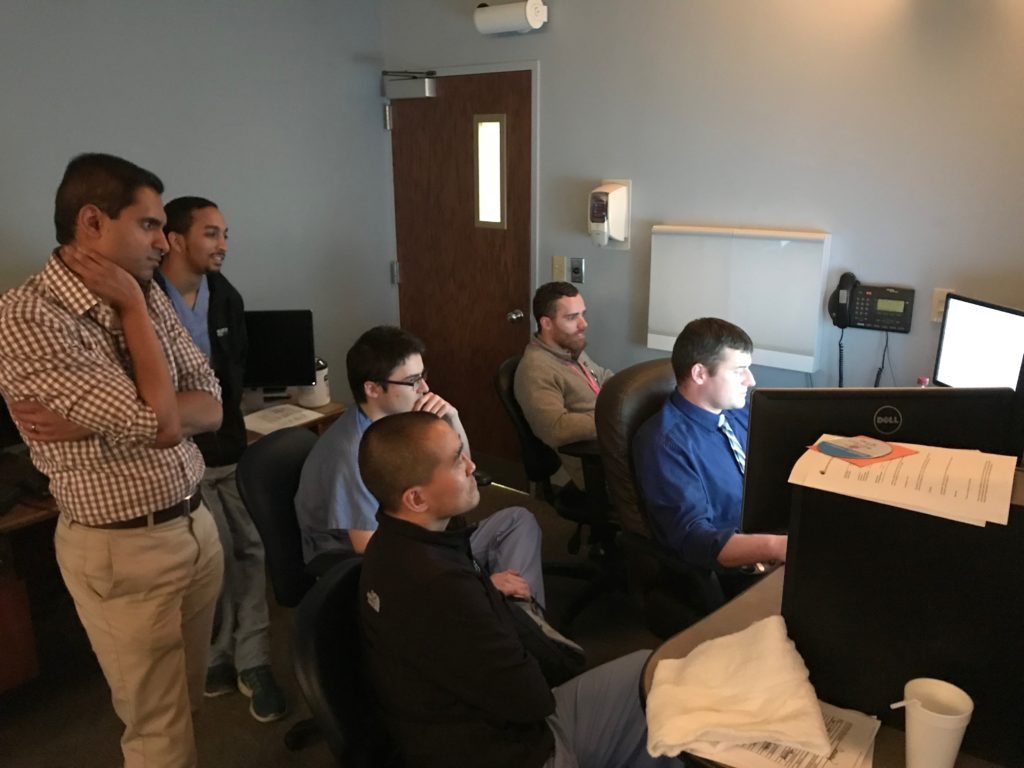
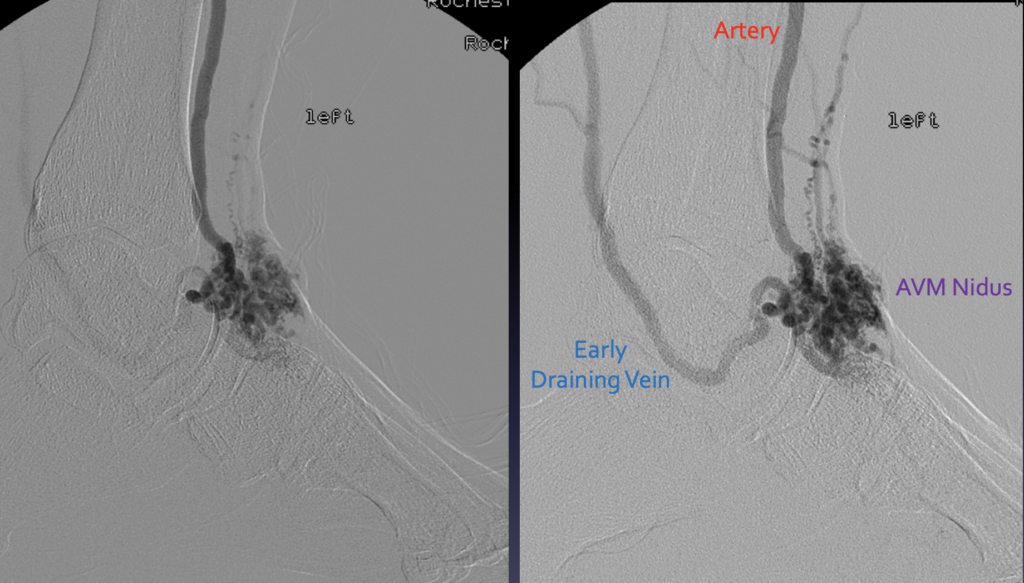
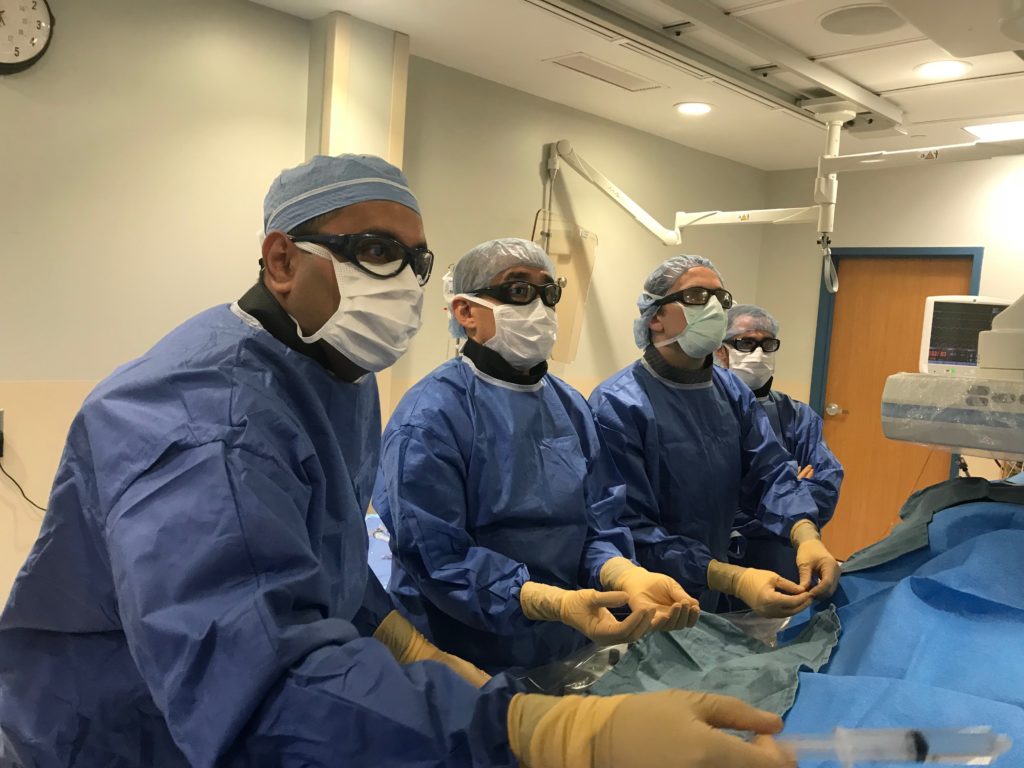
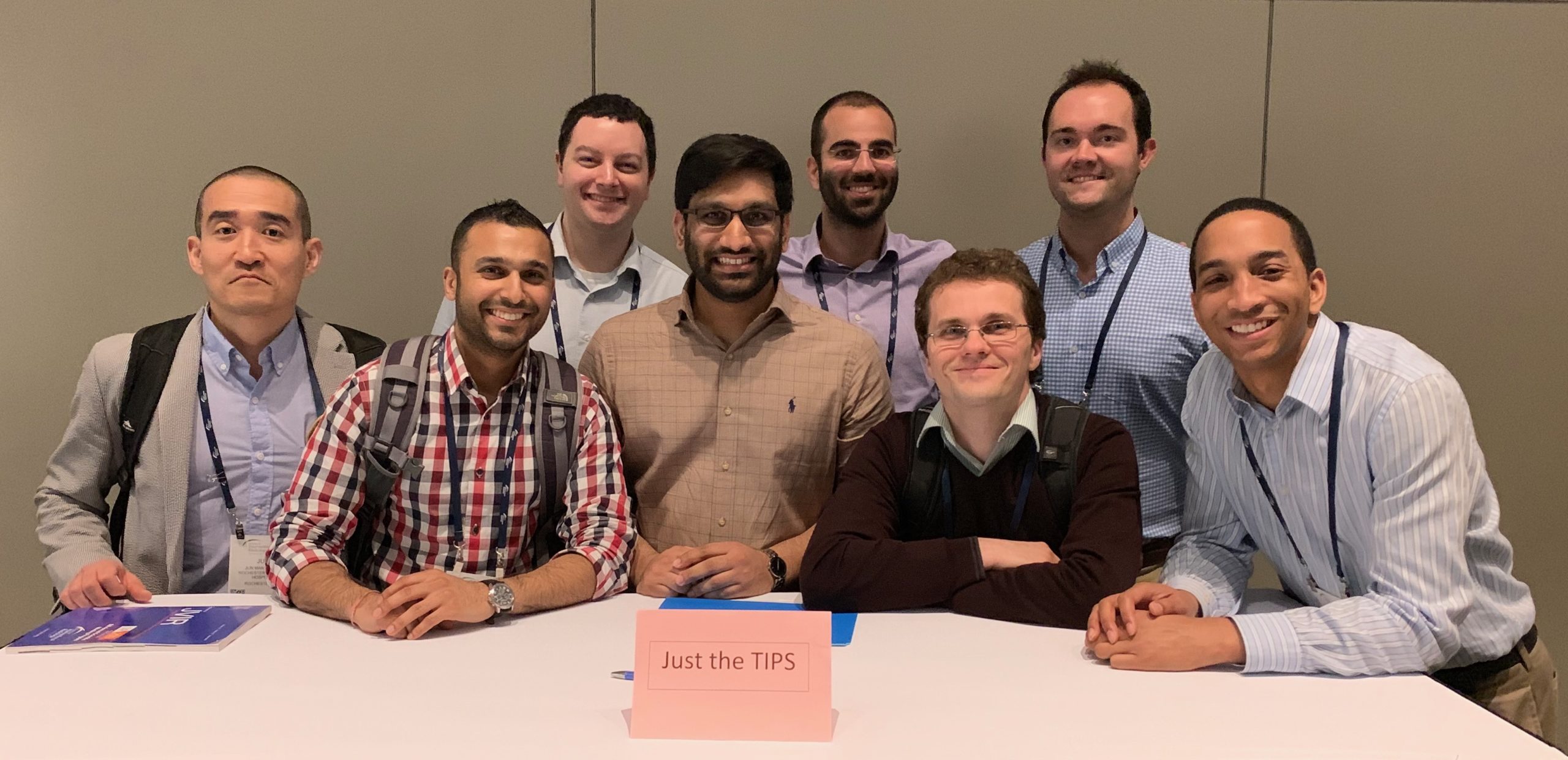
PGY-2
| ROTATION | WEEKS |
| ER | 8 |
| Body | 8 |
| Chest | 4 |
| Ultrasound | 4 |
| IR | 8 |
| Nuclear | 4 |
| Mammo | 4 |
| MSK | 4 |
| Neuro | 4 |
| Peds | 4 |
| TOTAL | 52 |
PGY-3
| ROTATION | WEEKS |
| ER | 4 |
| Body | 4 |
| Chest | 7 |
| Ultrasound | 4 |
| IR | 8 |
| Nuclear | 4 |
| Mammo | 4 |
| MSK | 4 |
| Neuro | 4 |
| Peds | 4 |
| Night Float | 5 |
| TOTAL | 52 |
PGY-4
| ROTATION | WEEKS |
| Chest | 4 |
| IR/Research | 4 |
| Nuclear | 4 |
| Mammo | 4 |
| MSK | 4 |
| Neuro | 5 |
| Peds | 4 |
| AIRP | 4 |
| Advanced Imaging | 15 |
| Night Float | 4 |
| TOTAL | 52 |
PGY-5
| ROTATION | WEEKS |
| IR Procedures/Clinic | 36 |
| ICU | 4 |
| Elective/Research | 4 |
| Diagnostic – Nucs | 4 |
| Diagnostic – Mammo | 4 |
| TOTAL | 52 |
PGY-6
| ROTATION | WEEKS |
| IR Procedures/Clinic | 32 |
| The Vein Institute | 8 |
| Elective/Research | 8 |
| NeuroIR | 4 |
| TOTAL | 52 |
PGY-7 (Independent IR only)
| ROTATION | WEEKS |
| IR Procedures/Clinic | 32 |
| The Vein Institute | 8 |
| Elective/Research | 8 |
| NeuroIR | 4 |
| TOTAL | 52 |
What We Do
The Division of Interventional Radiology at Rochester General Hospital is a busy practice performing the full spectrum of IR. We are comprised of seven fellowship-trained interventional radiologists, five of whom are covering IR services each day. In addition, we are supported by an amazing staff including three physician assistants, one nurse practitioner, IR technologists, IR nurses, dedicated ultrasound technologists, and wonderful administrative staff in order to cover our multiple sites and robust IR clinic.
Arterial Disease Interventions
Peripheral arterial disease (PAD) including complex CTO reconstructions, prostate artery embolization (PAE), uterine artery embolization (UAE), trauma embolization and stenting, GI bleed embolization, visceral aneurysm repair, aortic endoleak repair, AVM and venous malformation embolization, renal artery stenting, mesenteric artery stenting, and hemoptysis.
Venous Disease Interventions
Venography and IVUS, venous stenting and reconstructions, DVT thrombectomy and thrombolysis, IVC filter placement and retrieval, complex IVC filter retrieval, PE thrombectomy and thrombolysis, varicocele embolization, and varicose vein treatments (RFA, Venaseal, ultrasound-guided foam sclerotherapy, and microphlebectomy).
Interventional Oncology
Liver-directed therapies including Y-90 radioembolization, chemoembolization (TACE), bland embolization, tumor ablation including microwave ablation, radiofrequency ablation, and cryoablation, portal vein embolization, port placement and Hickman catheter placement, intrathecal chemotherapy infusion, tissue biopsies, bone marrow biopsies, paracentesis and thoracentesis, tunneled effusion and ascites catheter placement.
Spine Interventions
Kyphoplasty (vertebral augmentation), spinal tumor ablation, spine biopsy, lumbar puncture, myelography.
Women’s Health Interventions
Pelvic venous disease, uterine artery embolization (UAE) for fibroids and adenomyosis, post-partum hemorrhage embolization, high-risk pregnancy prophylactic balloon occlusion for placental abnormalities, pudendal nerve and superior hypogastric nerve blocks, tubal recanalization, tuboovarian abscess drainage.
Portal Hypertension/Gastrointestinal/Biliary Interventions
Portal venous interventions including TIPS BRTO/CARTO/PARTO, portal vein recanalization and reconstruction, portal vein embolization, gastrostomy/gastrojejunostomy tube placement, GI hemorrhage embolization, cholangiography, biliary decompression, biliary stenting, cholecystostomy and gall bladder aspiration.
Nephrology Interventions
Endovascular hemodialysis fistula creation, fistula/graft maintenance and thrombolysis, dialysis central venous access, renal angioplasty and stenting.
Urological Interventions
Prostate artery embolization (PAE), renal tumor ablation, bladder embolization, nephrostomy placement and maintenance, ureteral stent placement, tract access for lithotripsy.
Lymphatic Disorder Interventions
Lymphangiography, lymphorrhea embolization, and thoracic duct embolization.
Central Venous Access
PICC, PowerLine, chest port, Hickman, tunneled dialysis catheter, difficult intravenous access including transhepatic/translumbar line placement, chest port removal.
CT and Ultrasound-Guided Procedures
Soft tissue/organ biopsy, bone biopsy, paracentesis/thoracentesis, abscess drainage, lymphocele/cyst drainage and sclerosis.
Pain Management
Celiac plexus nerve block and neurolysis, superior hypogastric nerve block and neurolysis, pudendal nerve block, rhizotomy with cryoablation/RFA.
Miscellaneous
Foreign body retrieval, fistulous tract closure, neurological and spinal endovascular disorders.
How to Apply
Under ACGME and SIR guidance, and in trying to keep as fair and safe as possible for all prospective applicants, residency interviews at Rochester General Hospital will be offered virtually this year.
We welcome candidates of all backgrounds with diversity in both their academic and personal experiences. For this application year, we will have two (IR1/PGY-2) interventional radiology resident positions in the NRMP Match through ERAS. Applications are accepted from September 6th through October 15th. Applicants are selected to interview by the Selection Committee as soon as we are allowed to start reviewing applications on September 27th, with invites sent out over the subsequent weeks. Interviews are offered on a rolling basis. We strongly encourage you to apply as early as possible as interview slots get filled early for this competitive field.
All applications must be submitted through ERAS. We require a minimum of:
• 3 Letters of Recommendation (LOR’s)
• CV
• Dean’s Letter
• Personal Statement
Additionally, we encourage potential applicants to fill out the Supplemental ERAS application if they so choose to better understand each candidate’s most meaningful experiences and their geographic preferences. Additionally, applicants can opt into using Program Signals as well.
Applicants should contact their medical schools or see the ERAS Web site for more information on this service.
If you are also interested in applying to the Diagnostic Radiology program, please understand that you must fill out a separate application to each program to be considered for both, even though only one interview will be required for us to rank you on both lists. Ranking in each program is done independently. All advanced resident appointments are made through the National Resident Matching Program (NRMP). The table to the right lists the number of positions and NRMP number for our program.
Deadline for Application: October 15
Integrated IR/DR Program*
1
Position
1509416A0
NRMP Number
Diagnostic Radiology Program*
5
R1 Positions
1509420A0
NRMP Number
Independent IR Program (IR Fellowship)
2
Positions
1509415F0
NRMP Number
Information for Applicants Selected to Interview
Interviews
All interviews will be held virtually on Zoom for all invited applicants. After selecting applicants to be formally interviewed at Rochester General Hospital for the Integrated IR/DR program, specific information will be sent to you directly via email to pick a suitable interview date. All links and details on how to log on to the virtual interview day will also be sent with clear instructions. For those IR/DR applicants also interested in applying to the Diagnostic Radiology program (which is encouraged if you are interested in both programs), one combined interview day will suffice for both programs for your interview. Please note that to be considered and ranked for both programs, you MUST apply separately to both programs through the NRMP. Sample interview day is listed to the right.
Virtual Interview Schedule
Monday Evening of Interview Week 6pm EST: DR Program Director Presentation
Wednesday Evening of Interview Week 6pm EST: IR Program Director Presentation, IR Chief Resident Presentation of Daily Life, and IR Resident Roundtable Discussion
Tuesday/Wednesday/Thursday Interview Days:
- 7:50am EST: IR Applicants Virtual Arrival
- 8:00am EST: Cohort A interviews (5 candidates)
- 10:00am EST: Cohort B interviews (5 candidates)
- 11:35am EST: DR Resident Roundtable Discussion
- 12:10pm EST: Noon Conference
- 1:15pm EST: Cohort C interviews (5 candidates)
Please note all above times are Eastern Standard Time (all attempts will be made to have West Coast applicants in Cohort C).
Benefits & Compensation
The following is a list of benefits granted to all IR residents.
Physics Course
Online Physics course, full tuition and conference allowance provided
AIRP™
4 weeks American Institute for Radiologic Pathology (AIRP™), full tuition and conference allowance provided
Moonlighting
In-house DR moonlighting available for IR1-IR5 residents in good professional and academic standing
Vacation
5 weeks of paid vacation per year. Additional Paid Time Off (PTO) provided for academic achievements.
Professional Liability Insurance
Professional liability insurance is provided by Rochester General Hospital’s insurance program for activities required by the residency program.
Term Life Insurance
$10,000 employer paid coverage with option to purchase added coverage up to 4 times annual salary.
Plan for Short-term Disability
Full salary is continued during off-the-job disability up to 26 weeks.
Long-term Disability
Option to purchase 50-67% of pay coverage
Retirement Program
Option to enroll in tax deferred annuity plan.
Dental Plan
Option to purchase one of two plans available.
Textbooks
First year residents receive the latest editions of the requisite radiology textbooks and reimbursement for the ABR Application Fee. After the first year, residents receive a $1,500 book fund annually.
Radiation Protection
IR division will purchase customized, bespoke lead vest and skirt along with eye protection for all first year IR residents to keep for use throughout their residency and beyond.
IR Apparel
Customized IR Division jackets and surgical caps are purchased for all of our IR residents.
Resident salaries by program year: (salary + stipend)
$72,000
PGY-2
$75,000
PGY-3
$79,000
PGY-4
$83,000
PGY-5
$86,000
PGY-6
$90,000
PGY-7
Why Rochester?
The Greater Rochester area, in the Finger Lakes region of New York, is a truly unique place to live and work. Rochester’s urban arts, entertainment and dining venues are complemented by surrounding suburban, rural and lakefront communities. This results in a wealth of options for work and play.
Program Contacts
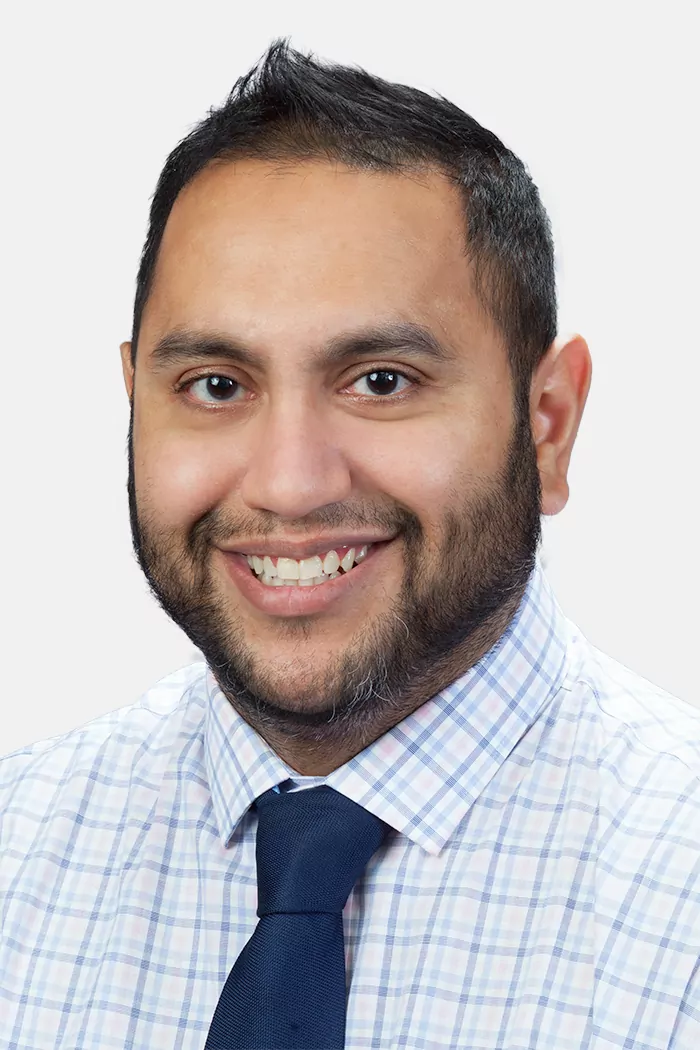
Raj Pyne, MD, FSIR
Program Director, Interventional Radiology Residency Associate Program Director, Diagnostic Radiology Residency
Additional Information
Email
Phone: 585-922-2932
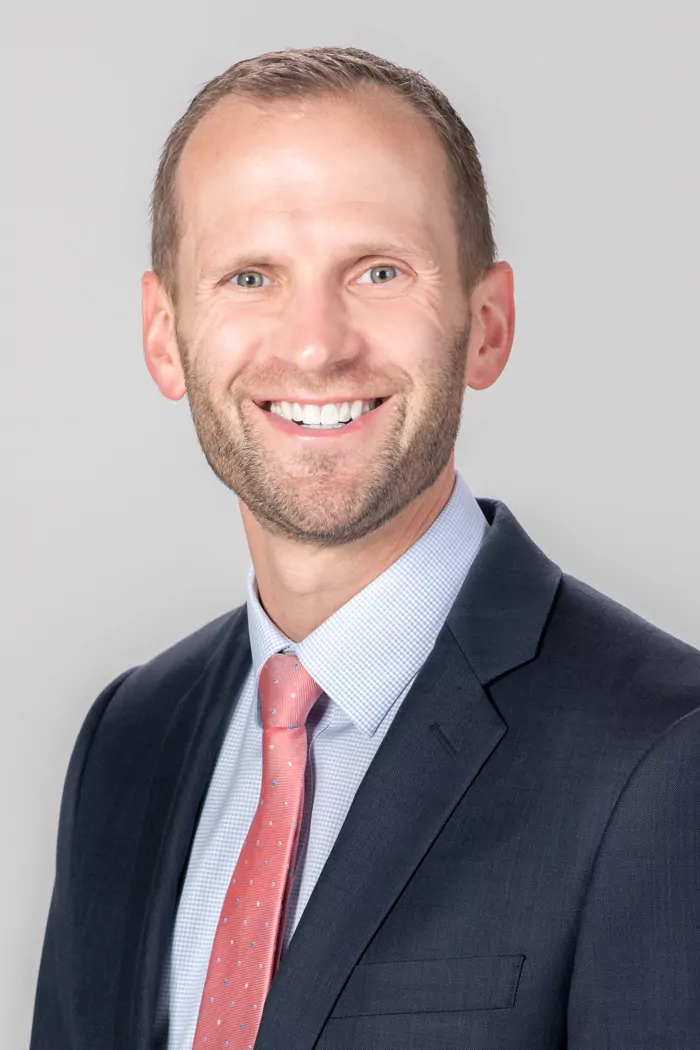
Joel Thompson, MD
Program Director, Diagnostic Radiology Residency Associate Program Director, IR/DR Residency
Additional Information
Email
Phone: 585-922-2932
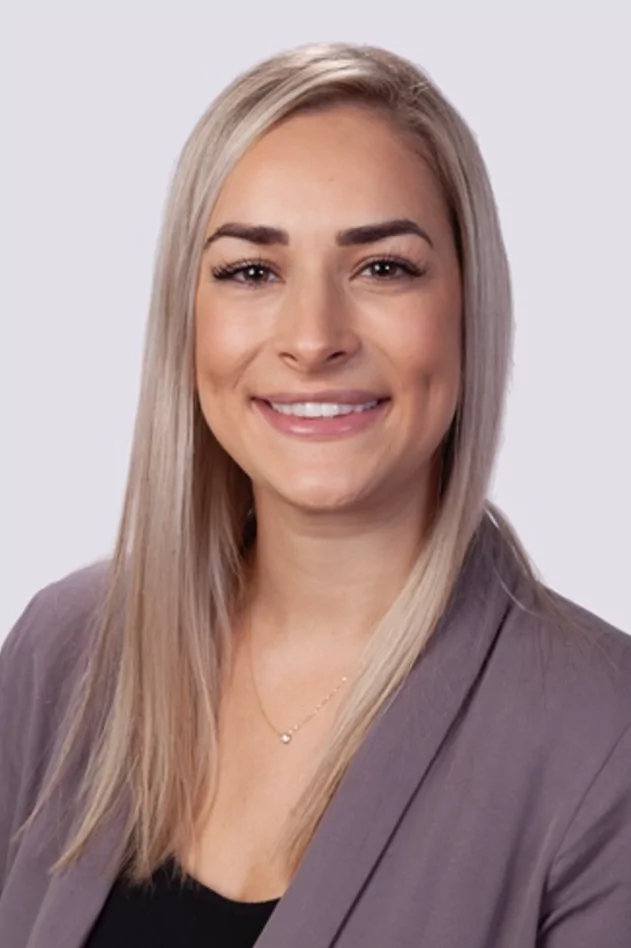
Raquel Redman, MPA
Practice Manager, RRH Ambulatory Imaging and Program Coordinator, IR, DR, and Neuroradiology Residency Programs
Additional Information
Email
Phone: 585-922-5940

Margot Schutte, MS
Program Administrator, Diagnostic Radiology Residency, Interventional Radiology Residency, Neuroradiology Fellowship
Additional Information
Email
Phone: 585-922-2932

Chelsy Shufelt
Program Coordinator, Diagnostic Radiology Residency, Interventional Radiology Residency, Neuroradiology Fellowship
Additional Information
Email
Phone: 585-922-2932
Frequently Asked Questions (FAQ)
How will residency interviews for the Integrated IR and DR programs be held this year?
All residency interviews at Rochester General Hospital will be held virtually to allow for a safe and fair application process. No in-person interviews are available, even for local or nearby applicants. Full details will be sent to invited applications.
When do you start to accept applications?
Per the official NRMP Match and ERAS guidelines, we can officially start accepting applications for the Integrated IR Residency on September 6th, 2023. Registration opens at 12:00 pm ET. Applications are accepted through October 15th, 2023. Applications are reviewed by the Selection Committee starting on September 27th when first allowed, and invites are generally given out within 2 weeks. Interviews are offered on a rolling basis. We strongly encourage you to apply as early as possible as interview slots get filled early.
What is the application deadline?
Our application deadline is October 15th, 2023, but we start selecting applicants for interview starting in late September. As our virtual interview dates fill on a rolling basis, we strongly recommend that you get your application in before October 15th for the best chance to be reviewed and selected.
How many residents do you accept per year?
For the Integrated IR match, we will currently be accepting applications from qualified candidates for two IR/DR resident Advanced (A) position to start in the 2025-2026 academic year (after a year of internship in the 2024-2025 academic year). We will also be accepting applications in our Diagnostic Radiology (DR) residency training program for 5 Advanced (A) positions – we are officially approved for the ESIR designation available to diagnostic residents, which will allow ESIR-accepted residents to complete a one-year Independent IR Residency instead of the traditional two-year Independent IR Residency. Finally, we will be accepting applications from third year radiology residents for a one- or two-year Independent IR position to start in the 2025.
When will I find out if I was accepted for an interview?
We will start reviewing applications in late September immediately after applications are allowed to be reviewed. We will send out invitations for interviews via email in the beginning of October. More interview invitations will be given out later as needed. We will have interview days in October, November, and December. IR and DR applicants are interviewed on the same dates. Therefore, we strongly recommend that you get your application in before October 15th for the best chance to be reviewed and selected for an interview.
What is the difference between Integrated IR Residency, Independent IR Residency, and ESIR?
Integrated IR Residency is a five-year training residency which matches one applicant per year from medical school for 5 continuous years of training (PGY-2 through PGY-6) in RGH after internship, providing 3 years of diagnostic training followed by 2 years of clinical IR training at the same institution. Ultimately, graduating this program will culminate in the ability to sit for the dual IR/DR exam and being board-certificated to practice both interventional radiology and diagnostic radiology. RGH is currently offering two Integrated IR positions per year in our program.
Independent IR Residency is a one-or-two-year program in PGY-6 and PGY-7 allowing a diagnostic radiology resident who has successfully completed DR residency to further train in interventional radiology. This replaced the previous IR fellowship, allowing residents who became interested in IR later or who did not match into the Integrated Program to complete the requisite training and sit for the IR/DR exam to become eligible for the dual IR/DR certificate. Trainees who successfully complete the Independent IR residency and pass the boards will be identical in certification to those who complete the Integrated IR residency. RGH typically offers one or two Independent IR residency positions per year through the NRMP match. Both one-year and two-year applicants are considered.
ESIR (Early Specialization in Interventional Radiology) is a pathway that shortens the above Independent IR Residency to one year by completing a required amount of IR and IR-related rotations in the fourth and final DR year (think of it as a formalized mini-fellowship year). The RGH diagnostic radiology program is approved for ESIR and selects one of our second year DR residents annually. If you apply and are selected for this program and successfully complete it, it shows that you have met minimum standards and requirements. Therefore, you are required to then complete only one year after separately matching into an Independent IR Residency (either at RGH or elsewhere). However, ESIR does not guarantee you a position in RGH’s or any other program’s Independent IR residency – you still must separately apply to this through the NRMP and match into a program. It is officially considered a second residency. Any DR resident in the RGH program can apply for the ESIR program during their second (PGY-3) year.
Can I apply to the IR/DR program as well as the DR program?
Absolutely. We know that some applicants will only be applying to Integrated IR/DR residency programs as that is their only goal. However, given the limited amount of IR/DR residency positions around the nation and given how competitive it is, we know that many applicants will also be applying to Diagnostic Radiology residency spots as an alternative or backup with the option of applying to an IR Independent Residency position (possibly with ESIR) after completion, akin to what a previous IR fellowship was. Other applicants also may have strong interest in DR and may want to keep their options open. Residents finishing an Integrated program or an Independent residency at RGH both will be ready to take the certifying/oral exam in IR and will be ready to practice IR in either academics or private practice.
This year, in addition to our two Integrated IR positions, we will also be accepting applications in our Diagnostic Radiology (DR) residency training program for 5 Advanced (A) DR spots. We are approved for the ESIR designation available to diagnostic residents, which will allow ESIR-accepted residents to complete a one-year Independent IR Residency instead of the traditional two-year Independent IR Residency. Both IR/DR and DR program directors fully understand this and welcome applicants who have applied or are interested in both programs.
If you apply to more than program and you are accepted for an interview, you will be specifically notified if the interview is for Diagnostic Radiology residency only, Interventional Radiology residency only, or for both. Please note that to be accepted to interview for both, you need to have applied separately via ERAS/NRMP to both the IR and DR programs at RGH.
Do you have ESIR designation for DR residents interested in IR? Will you offer the Independent IR residency?
We are approved for both the ESIR designation and the Independent IR residency in addition to the Integrated IR residency. Any resident finishing a Diagnostic Radiology residency, either at our institution or elsewhere, can apply to our two-year Independent IR residency for PGY-6 and PGY-7 to get their dual-certificate in IR/DR. The Independent IR Residency is a distinct two-year program, which replaced the prior IR fellowship in 2020. Additionally, ESIR is a special designation given to a Diagnostic Radiology residency to show that residents have been given enough clinical and IR training throughout their DR residencies to warrant advanced placement into a one-year Independent IR/DR residency (instead of the traditional two-year IR residency). The RGH diagnostic radiology program has ESIR as well. If you apply and are selected for this program and successfully complete it, it shows that you have met minimum standards and requirements. Therefore, you are required to then complete only one year after separately matching into an Independent IR Residency (either at RGH or elsewhere).
What are the minimum requirements to apply for the IR/DR residency?
An applicant for the RGH Integrated IR residency program must have a medical degree prior to residency program start date from an accredited medical school. In addition, please include the following in your application sent through ERAS:
• Dean’s Letter
• Performance Evaluation
• Medical School Transcript
• USMLE Step 1 result
• Personal statement
• Three letters of recommendation
• Curriculum Vitae
• ERAS common application
Additional application materials include:
• USMLE Step 2 results
• Supplemental ERAS application (if desired)
• Program Signal (if desired)
Is there a minimum board score to apply?
There is no minimum board score to apply. All applications are looked at in their entirety and on an individual basis.
How do I find out about an update on my application status?
If you have a question, please reach out to the IR Residency Program Coordinators:
Margot Schutte – Margot.Schutte@rochesterregional.org or call 585-922-2932
Chelsey Shufelt – Chelsy.Shufelt@rochesterregional.org or call 585-922-2313
Do you offer IR rotations for visiting medical students?
Yes. The RGH IR department constantly hosts medical students in their fourth year dedicated to interventional radiology (as well as diagnostic radiology). Many will use this as a sub-internship in IR. Medical students typically stay for a four-week rotation, during which time they are exposed to and incorporated into all aspects of a busy clinical IR service. Time will be spent in scrubbing into IR procedures, seeing consultations, rounding on patients with IR residents, and seeing patients in IR clinic. Additionally, med students will take part in IR Grand Rounds and be expected to present an interesting case for a patient they took care of as well as present on an IR topic. Research opportunities are also available. A structured curriculum with goals and objectives, a reading list, as well both a pre-test and post-test, are provided. RGH is not part of the VSLO Application Service (sometimes referred to as VSAS). To apply for a visiting medical student rotation, please contact the Program Coordinator for RGH Graduate Medical Education at 585-922-5801 for more information. You can also reach out to the IR Residency Program Coordinators for more information on away rotations:
Margot Schutte – Margot.Schutte@rochesterregional.org or call 585-922-2932
Chelsey Shufelt – Chelsy.Shufelt@rochesterregional.org or call 585-922-2313
Faculty
View the current Faculty and Staff for the IR Residency Program
Current Residents
View our current residents in the IR Residency Program
Graduates
View the recent graduates of the IR Residency Program
